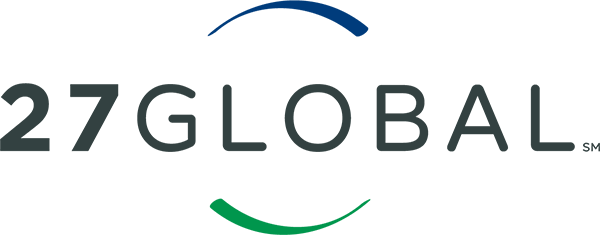The more access that people have to data, the more informed they can be about a variety of topics. Whether it’s a doctor who’s receiving real time information from a patient who’s suffering from a medical condition or it’s a college student who just wants to work off a couple pounds before summer, digital health applications are changing the world of health and wellness.
These digital health apps vary from fitness trackers that monitor caloric intake to massive cloud based programs that hospitals and healthcare centers use to manage vast amounts of data. To be able to serve both sets of healthcare consumers, digital health brings together a combination of tech savvy developers and highly qualified healthcare professionals. By working together, these two distinctly different groups can help make people healthier and do it at a cost that has never been seen before.
By helping to develop apps like Play-It Health, the team at Twentyseven Global has first-hand experience working in the field of digital health. Patrick Kinne, a senior consultant at Twentyseven Global in Denver, sees the value that these new applications bring to the healthcare industry. Kinne said, “When developing digital health apps, there is an increased focus on collaboration between multiple different healthcare technologies. No one trying to silo their data because an abundance of information make a better healthcare environment for everyone.”
When applications can take that data and integrate it with current healthcare systems that is where digital health platforms can begin to save people a lot of money. Kinne said, “Now that everyone is carrying a video camera in their pocket [smartphones], doctors now can access patients from anywhere, which greatly reduces costs. This is important because patients can maintain communication with their healthcare provider after leaving the doctor’s office or hospital through their mobile device, text, email or an online portal.”
The ability to have smartphones with wireless capabilities also allows for more personalized treatments. For instance, the Play-It Health app features patient-specific trivia games that drive engagement and promote adherence to treatment plans. Before these innovations in digital health, patients were given a treatment plan and the only access they had to more information was from their doctor, whom they may only see for a few hours at a time.
Whether it’s saving lives or saving money, innovations in digital health are transforming the healthcare landscape. As more apps are created and technologies are adopted, healthcare treatments and practices may become more effective and affordable than ever.





